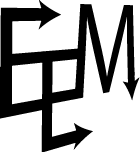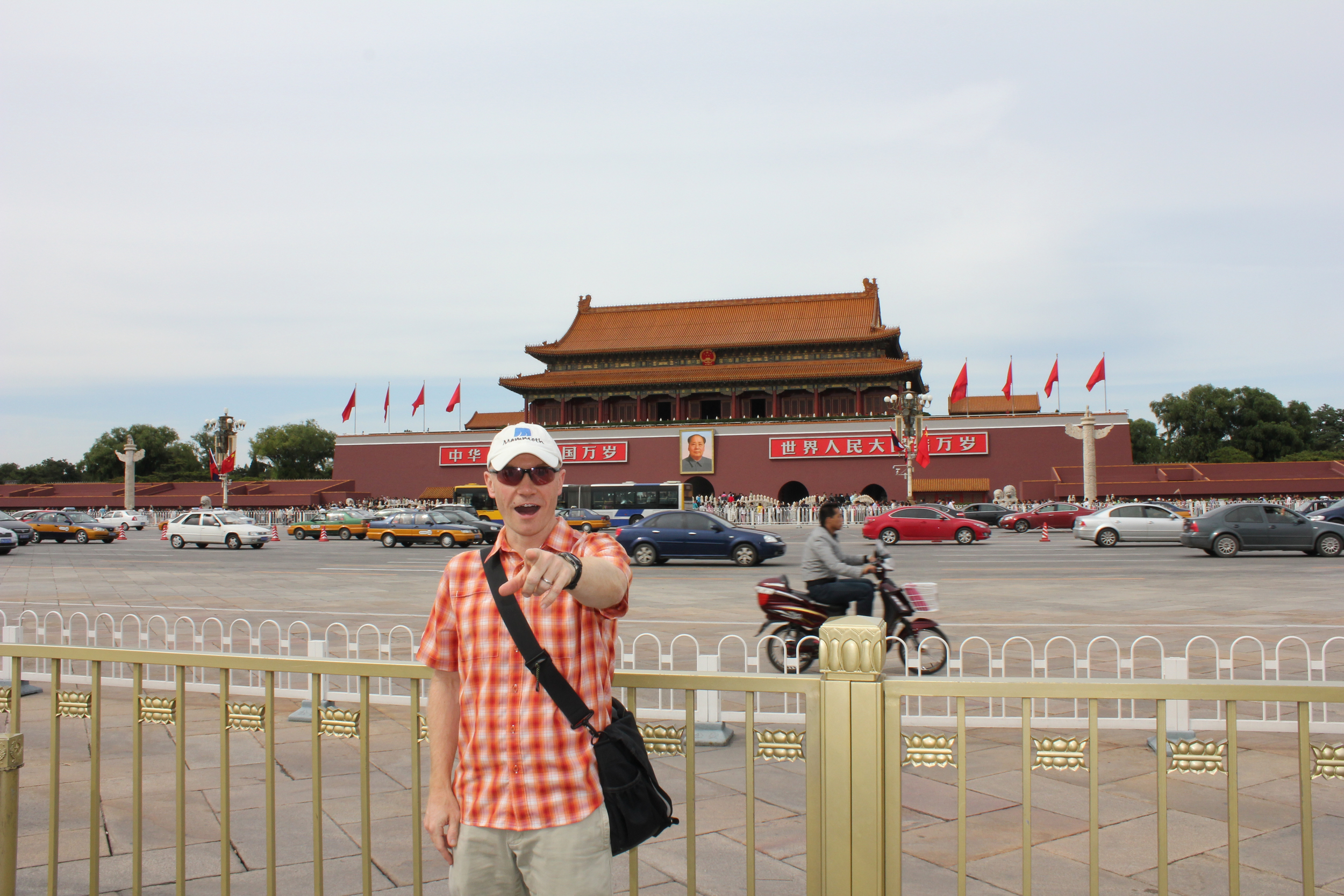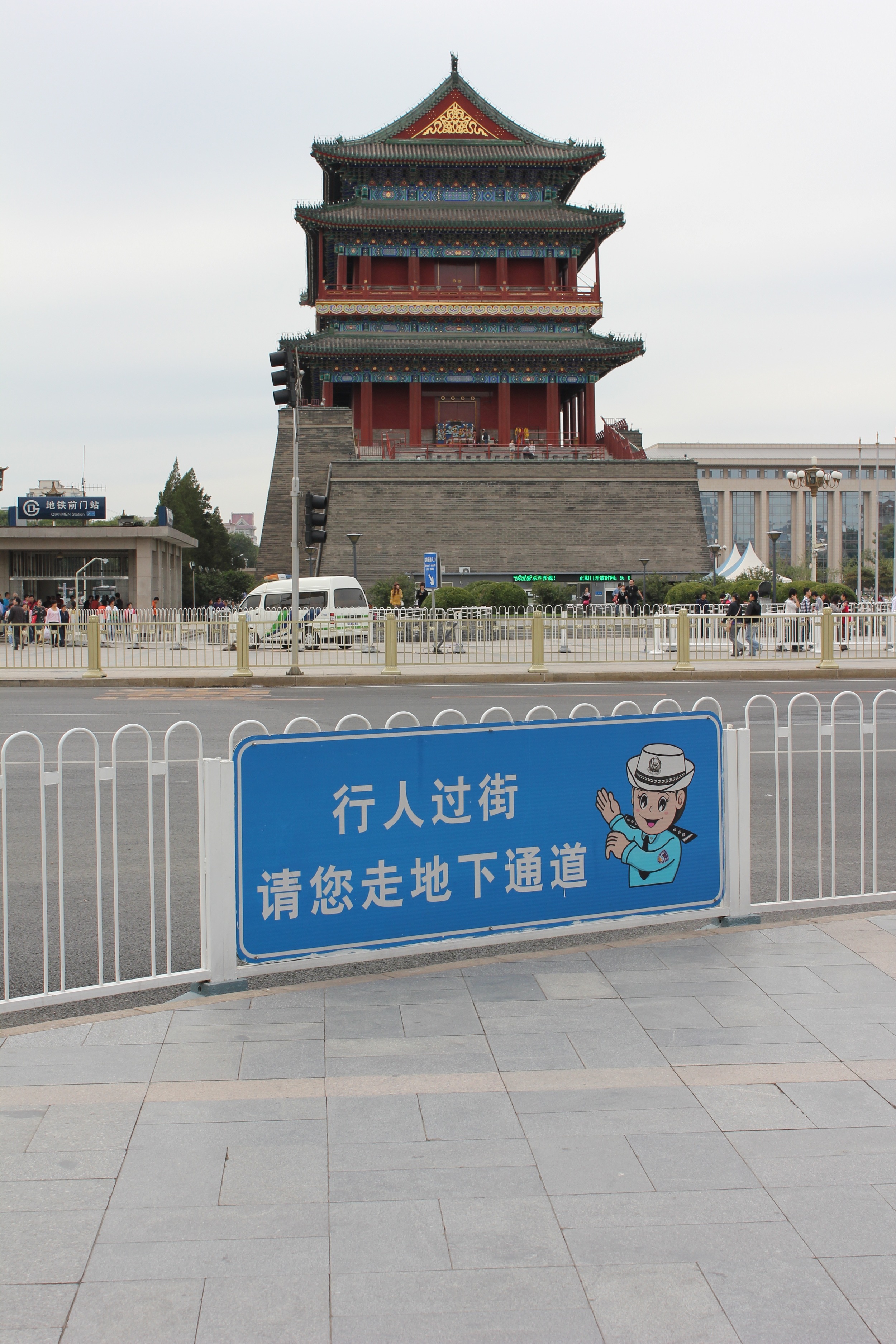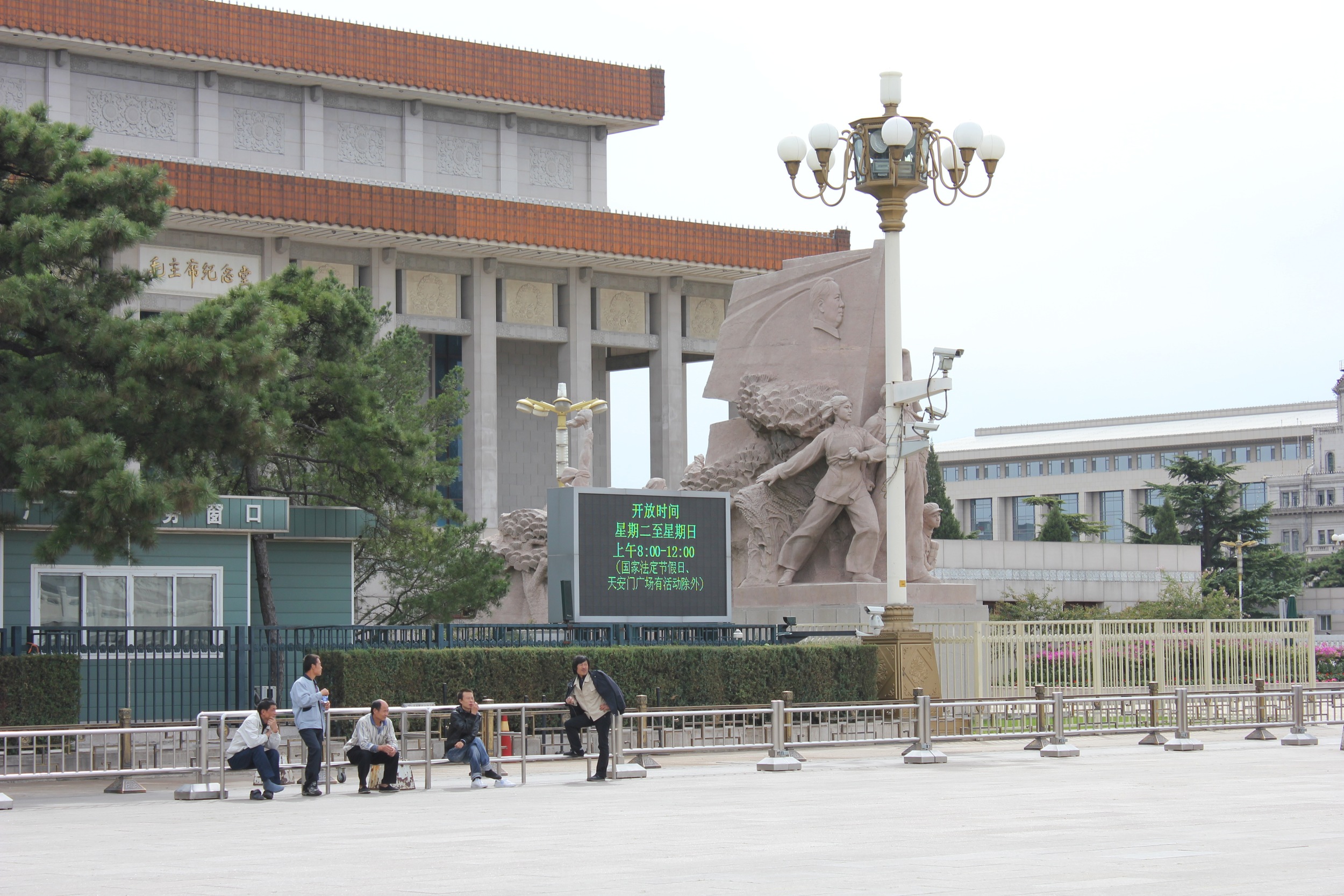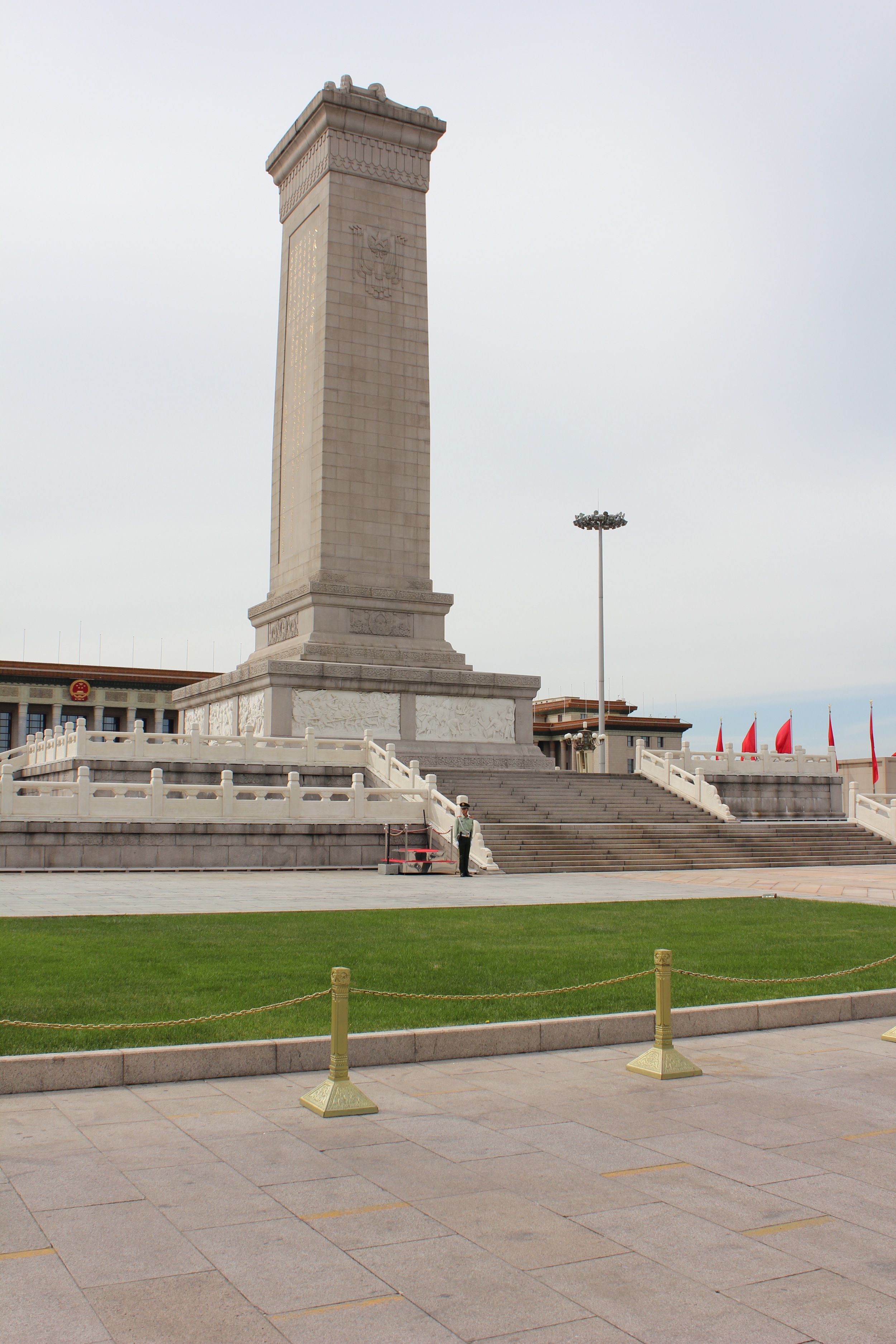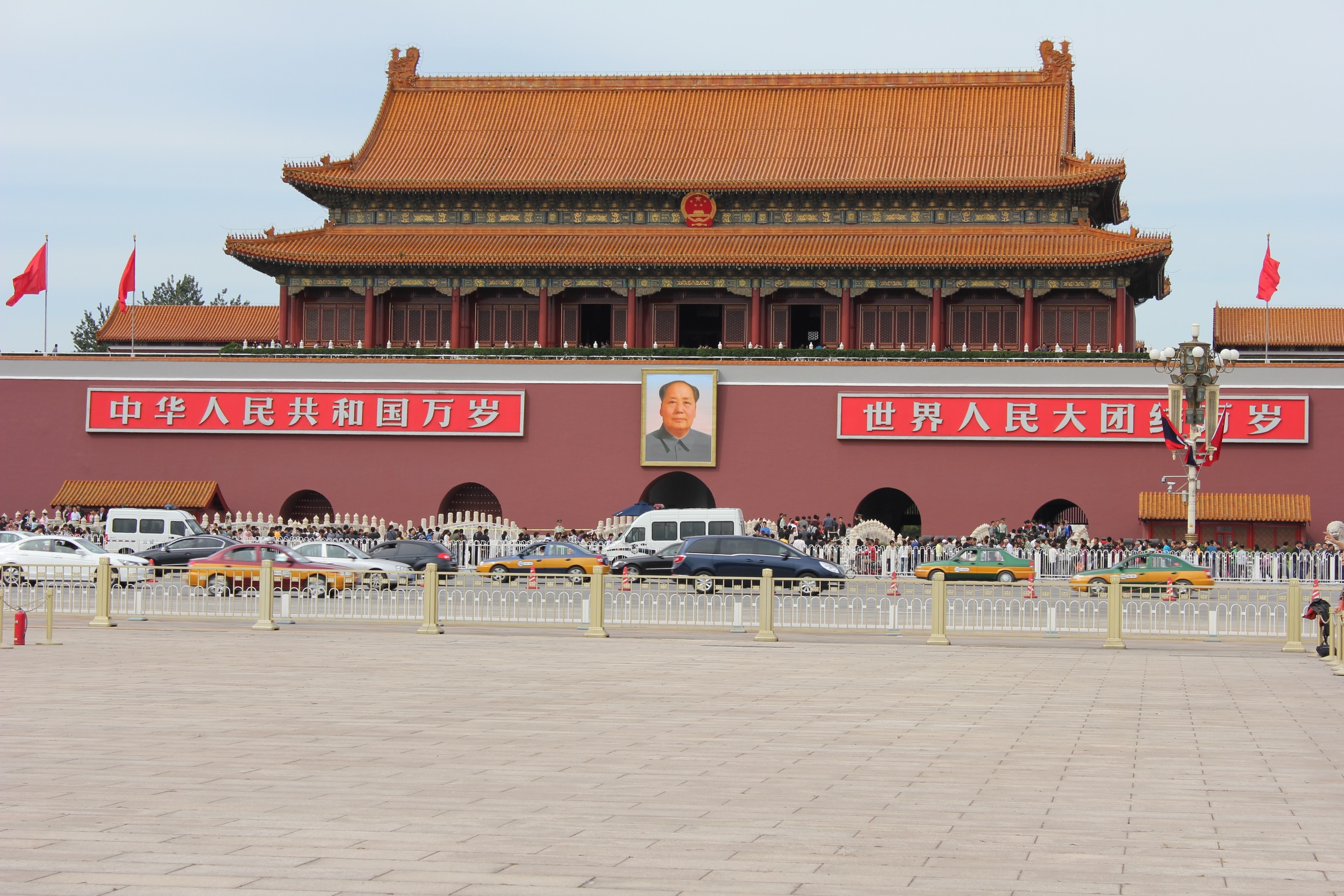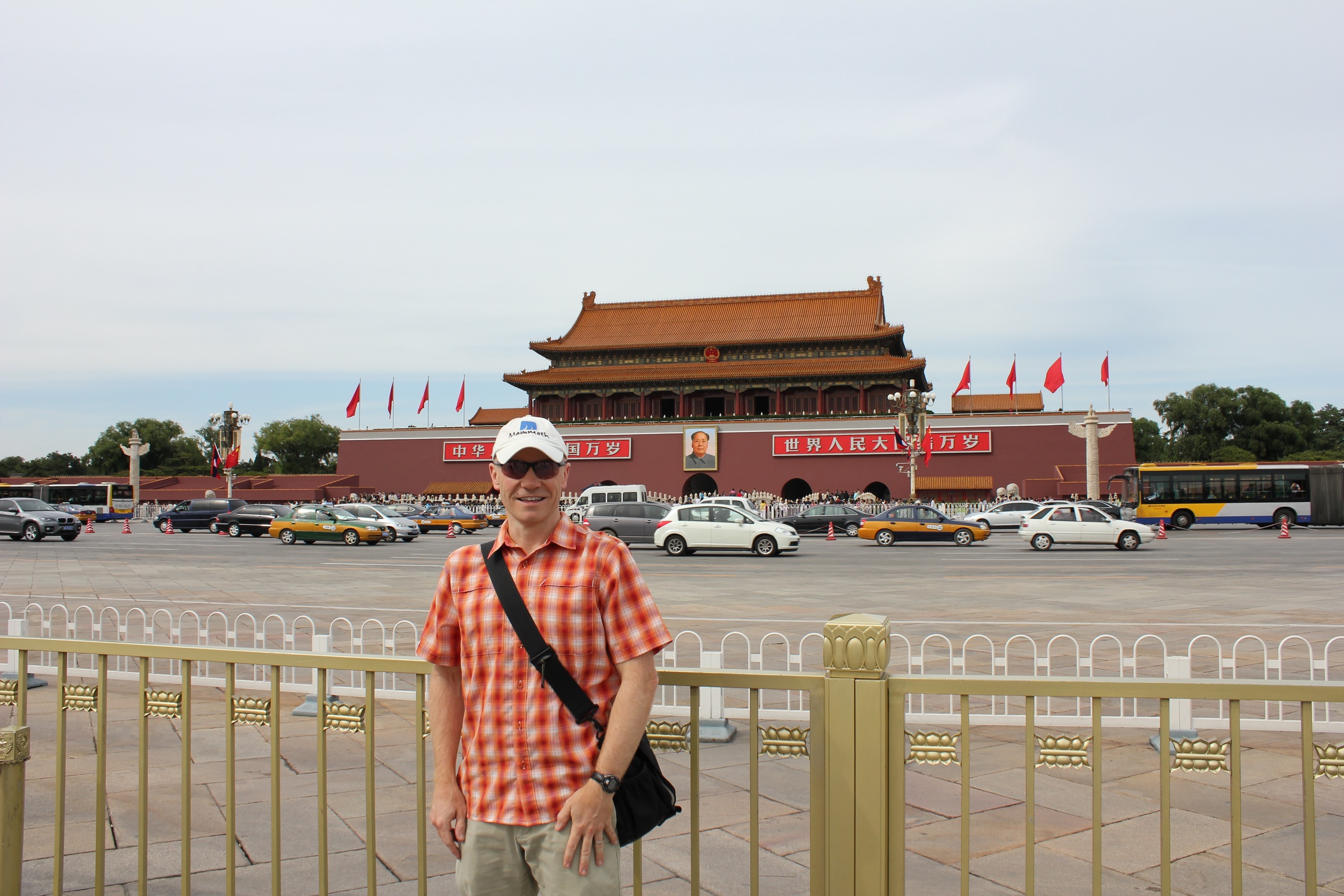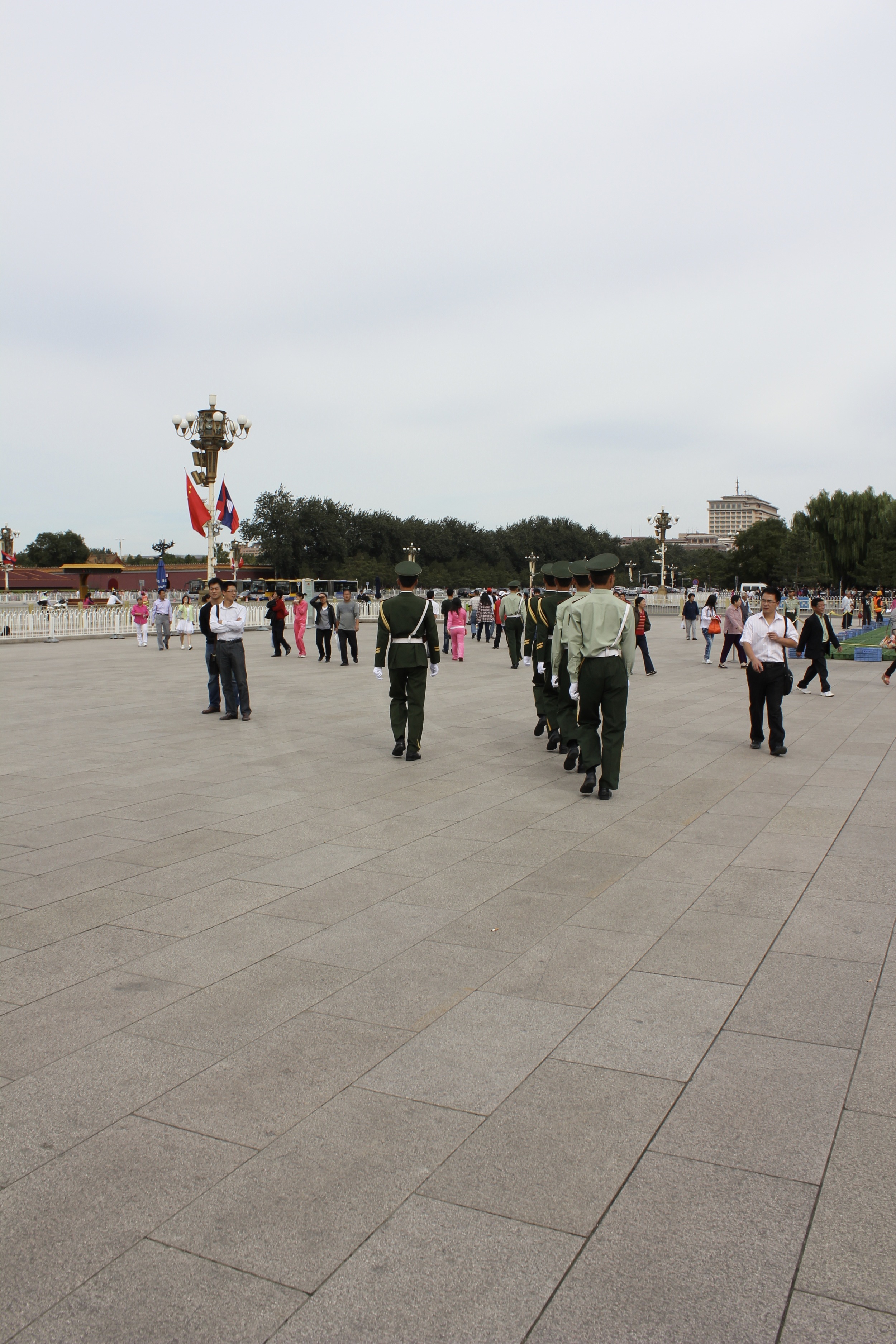My personal trade mission to China in 2011 began in Beijing. As a part of a group largely driven by newcomer curiosities, tourist-y highlights factored in right from the start. The Forbidden City and Tiananmen Square were among the first sights seen, before our collective jetlag really even had a chance of kicking in. By the time our group of 40 hit the public bathrooms at the Forbidden City, culture shock seemed to be taking hold for most. Nothing makes a Westerner miss the comforts of home quite like a hole for crapping in the floor. Sorry to go blue right off the bat. I'm just calling it as I recall seeing it. I was actually more struck by the walk back to my fancy hotel, sans group. Just so you know what to expect, I always look to walk and generally always spin off from the dictated path. Here or there or most anywhere. That's how I roll.
Stroll many of the business neighborhoods of Beijing and you'll see very little separation between the sort of places that burn garbage in the alleys (or "hutongs") and the places where the open display of copious wealth dominates way some modern Chinese urbanites live. I came across numerous Lamourghini and Ferrari dealerships literally right down the block or around the corner from the sort of urban lower class realities that made me cautious and a bit ashamed for taking the time to look more closely. I would love to go back and see if anything's changed in the five years since visiting Beijing. I'd do so tomorrow. I loved my brief explorations of urban, rising China. However, my bet's that the dichotomy has only become more pronounced.
Not that I'll find a perfect analogy to bring us up to the current day...but I did purposely come across a pretty damn close one today right here in Seattle. The Alexander Wang Pop-In Shop@Nordstrom...a brilliant bit of marketing overseen by the enigmatic Olivia Kim...currently open through mid-October. I troll through the department stores regularly no matter where I am. Nordstrom is one of my favorites, and not just because they're based here. I'll admit shopping there, too. When it's justified. Recent Nordstrom pop-up shops...which amount to temporary sections at just a few big stores set up to feature a specific company or designer...have drawn my attention and business. I love my Warby Parker sunglasses and wear them way more than I should. I just wore my new Olivia Kim-designed chukka-style maroon Vans and they're on their way to becoming faves, too.
Alexander Wang designs for a very different consumer, though.
Plus, Wang uses fur.
Just a few years ago I heard outright denials from Seattle Nordstrom employees that they even had any fur garments in stock. Today I saw the following $1000 Arctic Fox neck pillow. I was told it's made in NYC. Unlike most of his designs, which are made in China. Cue the irony music. But rather than explain more fully what I mean, I'll post a few pics.
The "metal diamond plate" flooring material makes any surface a mirror. And maybe a total bitch to clean regularly.
The little bag charms up top in this display are accented with rabbit fur. The travel pillow is made with black Arctic fox, and features "memory foam" in the pillow. Probably so that you'll never forget you dropped a grand for a pillow.
I can't remember what the sales person said was the origin of the leather in the carry cover. Not soy, I'm pretty certain.
